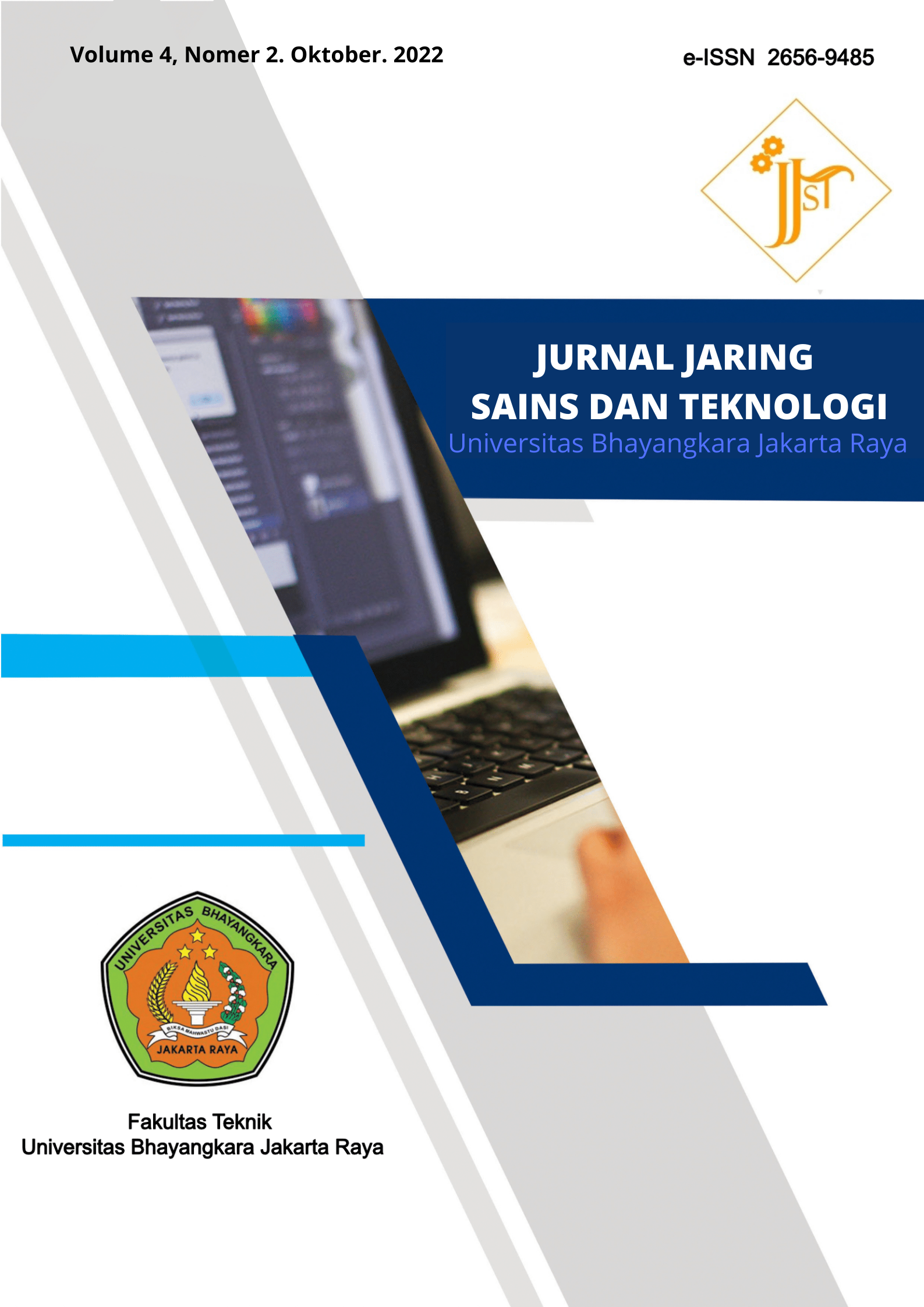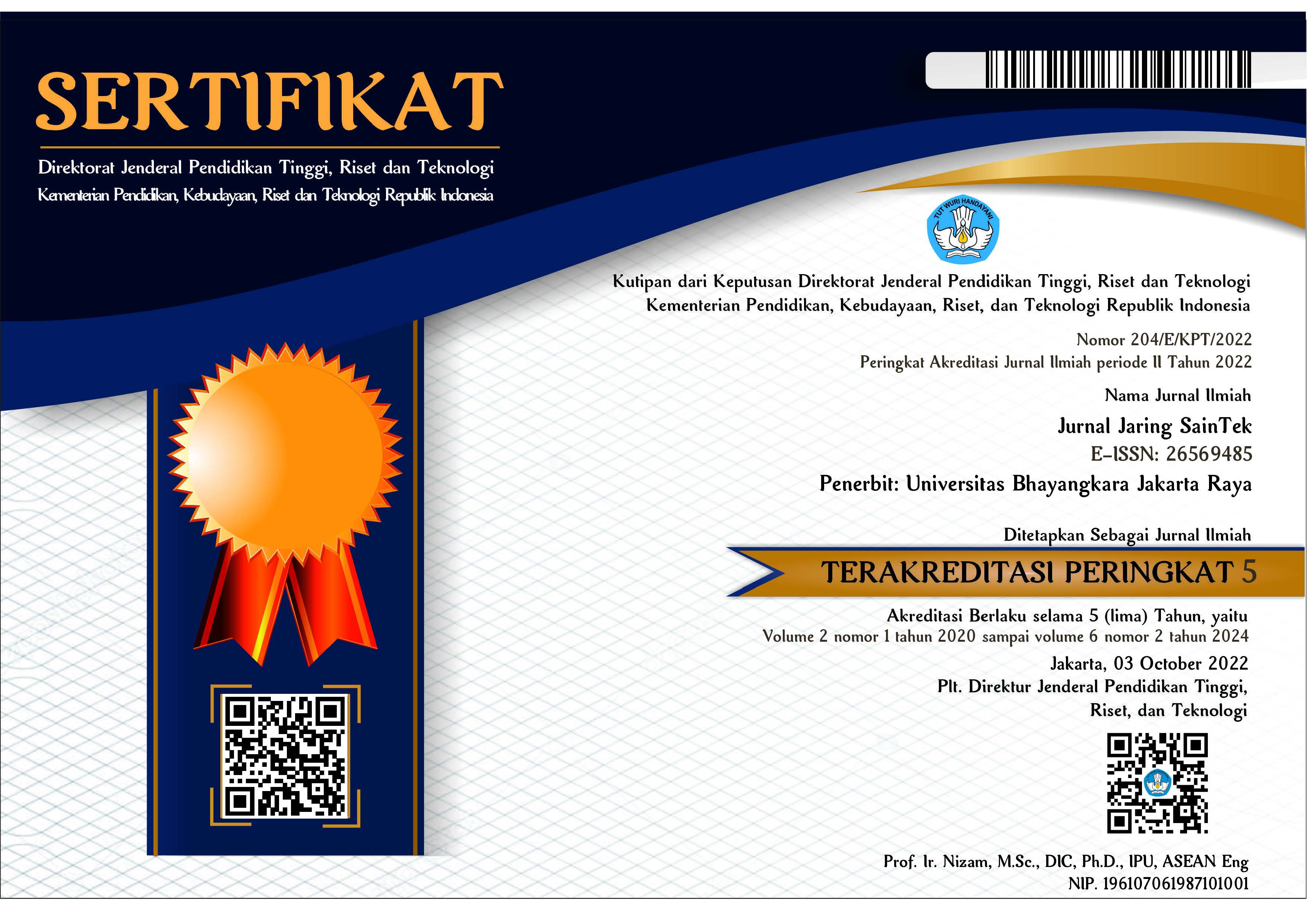Pengaruh Job Satisfaction Terhadap Employee Performance Pada Perusahaan Penggilingan Tepung di Surabaya
DOI:
https://doi.org/10.31599/0mmx8y15Keywords:
: Job Performance, Job Satisfaction, CorrelationsAbstract
One of the factors that affect job performance is employee satisfaction with their work environment. This study aims to measure job satisfaction and job performance and test the correlation between the two variables using various measurement methods, including eNPS, ESI, Rating Scale Individu, and Individual Work Performance Questionnaire (IWPQ). The correlation between job satisfaction and job performance can be calculated using Scatterplot and Pearson Correlation. The eNPS measurement results show that employees gave a score of 6%, indicating a fairly good position for the company. The ESI score for employees is 72.8, which is a good result but still has room for improvement. Based on the Pearson Correlation calculation, the correlation value is 0.733, indicating a positive relationship between job satisfaction and job performance. Based on the research findings, some improvement ideas include increasing salary, sanitation, comfort in religious facilities, and room comfort.
Downloads
References
Afni, A. S. S., & Mahyarni, M. (2022). Pengaruh Kompensasi dan Keselamatan dan Kesehatan Kerja (K3) Terhadap Kepuasan Kerja Karyawan. Jurnal Ekonomi dan Ilmu Sosial (JEIS), 1(02), Article 02.
Dhamija, P., Gupta, S., & Bag, S. (2018). Measuring of Job Satisfaction: The Use of Quality of Work Life Factors. Benchmarking An International Journal, 26. https://doi.org/10.1108/BIJ-06-2018-0155
Diaz-Delgado, M. F., Gil, H., Oltra-Badenes, R., & Martinez-Ardila, H. E. (2019). Detonating factors of collaborative innovation from the human capital management. Journal of Enterprising Communities: People and Places in the Global Economy, 14(1), 145–160. https://doi.org/10.1108/JEC-10-2019-0102
Fauzi, A., Wulandari, A. S., Cahyani, D. R., Nurfitri, N., Khairani, N., Deva, R., & Nursafitri, S. (2022). Pengaruh Kepuasan Kerja dan Stres Kerja Terhadap Turnover Intention Pada Karyawan (Literature Review Manajemen Kinerja). Jurnal Ilmu Manajemen Terapan, 4(2), 229–241. https://doi.org/10.31933/jimt.v4i2.1223
Hidayati, Nainggolan, H., Erdiansyah, R., Ratri, W. S., Gorda, A. A. N. E. S., Prastiwi, N. L. P. E. Y., Kadiman, S., Adnyana, I. P. A., Nurfitriyenny, Siska, A. J., Simandjorang, B. M. T. V., & Ningsih, L. K. (2022). Ekonomi Sumber Daya Manusia. Pradina Pustaka.
Judge, T. A., & Bono, J. E. (2001). Relationship of core self-evaluations traits—self-esteem, generalized self-efficacy, locus of control, and emotional stability—with job satisfaction and job performance: A meta-analysis. Journal of Applied Psychology, 86, 80–92. https://doi.org/10.1037/0021-9010.86.1.80
Mas-Machuca, M., Berbegal-Mirabent, J., & Alegre, I. (2016). Work-life balance and its relationship with organizational pride and job satisfaction. Journal of Managerial Psychology, 31(2), 586–602. https://doi.org/10.1108/JMP-09-2014-0272
Nadiri, H., & Tanova, C. (2010). An investigation of the role of justice in turnover intentions, job satisfaction, and organizational citizenship behavior in hospitality industry. International Journal of Hospitality Management, 29(1), 33–41. https://doi.org/10.1016/j.ijhm.2009.05.001
Onsardi, O., & Finthariasari, M. (2022). Manajemen Sumber Daya Manusia (Strategi Meningkatkan Kinerja Karyawan). Eureka Media Aksara. https://repository.penerbiteureka.com/publications/558898/
Parvin, M. M., & Kabir, M. M. N. (2012). FACTORS AFFECTING EMPLOYEE JOB SATISFACTION OF PHARMACEUTICAL SECTOR. Australian Journal of Business and Management Research, 01(09), 113–123. https://doi.org/10.52283/NSWRCA.AJBMR.20110109A13
Rojas, M., Méndez, A., & Watkins-Fassler, K. (2023). The hierarchy of needs empirical examination of Maslow’s theory and lessons for development. World Development, 165, 106185. https://doi.org/10.1016/j.worlddev.2023.106185
Rudiawan, H. (2021). Peranan Manajemen Produksi dalam Menyelaraskan Kinerja Perusahaan. JURNAL MANAJEMEN FE-UB, 9(2), Article 2. https://ejournal.borobudur.ac.id/index.php/manajemen/article/view/909
Singh, J. K. (2013). A STUDY OF EMPLOYEES’ JOB SATISFACTION AND ITS IMPACT ON THEIR PERFORMANCE.
Usoh, N. M., Tewal, B., & Saerang, R. (2020). PENGARUH ETOS KERJA, KEPUASAN KERJA DAN BUDAYA ORGANISASI TERHADAP KINERJA KARYAWAN PADA TASIK RIA RESORT. Jurnal EMBA : Jurnal Riset Ekonomi, Manajemen, Bisnis Dan Akuntansi, 8(1), Article 1. https://doi.org/10.35794/emba.v8i1.28125
Widyastuti, T., & Hidayat, R. (2018). Adaptation of Individual Work Performance Questionnaire (IWPQ) into Bahasa Indonesia. International Journal of Research Studies in Psychology, 7. https://doi.org/10.5861/ijrsp.2018.3020
Wokas, N. G. C., Dotulong, L. O. H., & Saerang, R. T. (2022). PENGARUH GAYA KEPEMIMPINAN, KETERLIBATAN KERJA DAN LINGKUNGAN KERJA TERHADAP KINERJA KARYAWAN PT. PLN KAWANGKOAN. Jurnal EMBA : Jurnal Riset Ekonomi, Manajemen, Bisnis Dan Akuntansi, 10(3), Article 3. https://doi.org/10.35794/emba.v10i3.40890
Yaneva, M. (2018). Employee Satisfaction vs. Employee Engagement vs. Employee NPS. European Journal of Economics and Business Studies, 10(1), 228. https://doi.org/10.26417/ejes.v10i1.p228-235









